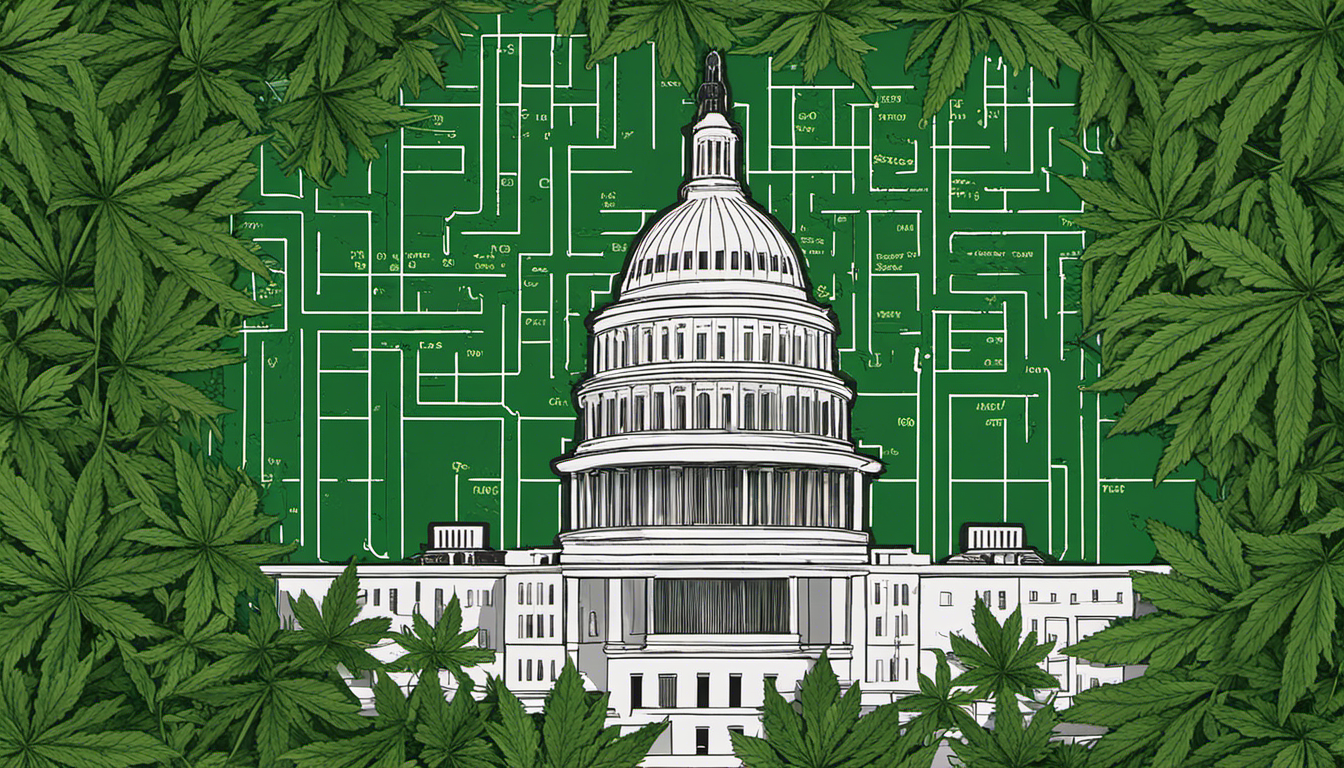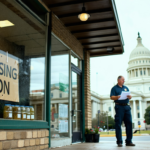The cannabis industry is poised for a significant turning point with the potential rescheduling of marijuana from its current Schedule I classification under the Controlled Substances Act (CSA) to a lower schedule. While this move would be a positive step forward, it’s essential to recognize that rescheduling is not the same as deregulation.
Rescheduling would acknowledge the medicinal benefits of cannabis and ease some federal restrictions, but it would not eliminate the industry’s compliance hurdles. In fact, it could create new layers of complexity as federal, state, and local authorities work to reconcile a patchwork of conflicting laws.
One of the most significant benefits of rescheduling would be the lifting of Section 280E of the federal tax code, which prevents cannabis companies from deducting standard business expenses. This would be a major win for cannabis businesses, but it’s essential to recognize that removing 280E would not eliminate other regulatory requirements.
The banking challenges facing the cannabis industry would also persist, even with rescheduling. The Bank Secrecy Act (BSA) requires financial institutions to monitor and report suspicious activities, which has made banks wary of serving the cannabis industry. Rescheduling would not eliminate these concerns, and financial institutions would still be required to report transactions tied to potentially illicit activities.
Navigating the regulatory maze would be a significant challenge for the industry, with businesses having to comply with both state and federal laws. This could lead to even more regulatory complexity, particularly around issues like interstate commerce.
Compliance would remain a critical aspect of the cannabis industry, even with rescheduling. Businesses would need to meet stringent standards for product safety, labeling, distribution, and security, and financial institutions would need to maintain rigorous due diligence when working with cannabis-related clients.
In conclusion, rescheduling cannabis is a critical step toward broader reform, but it’s not a magic bullet. Businesses should view it as an opportunity to prepare for a more legitimate, albeit more complex, market environment. The lifting of certain burdens, like 280E, would offer relief, but the cannabis industry would remain highly regulated, with ongoing challenges around compliance, banking, and taxation.












